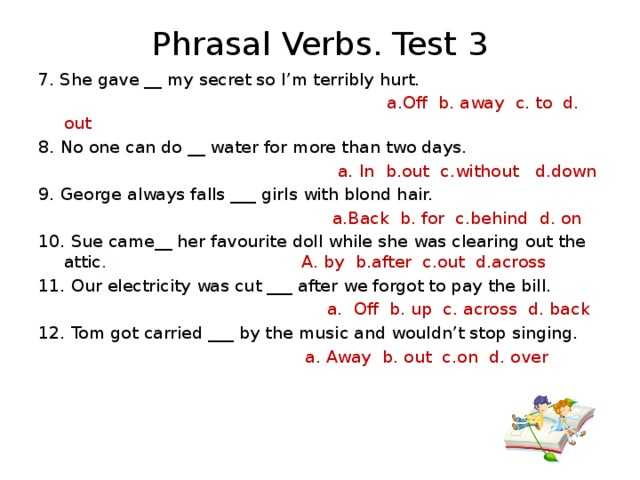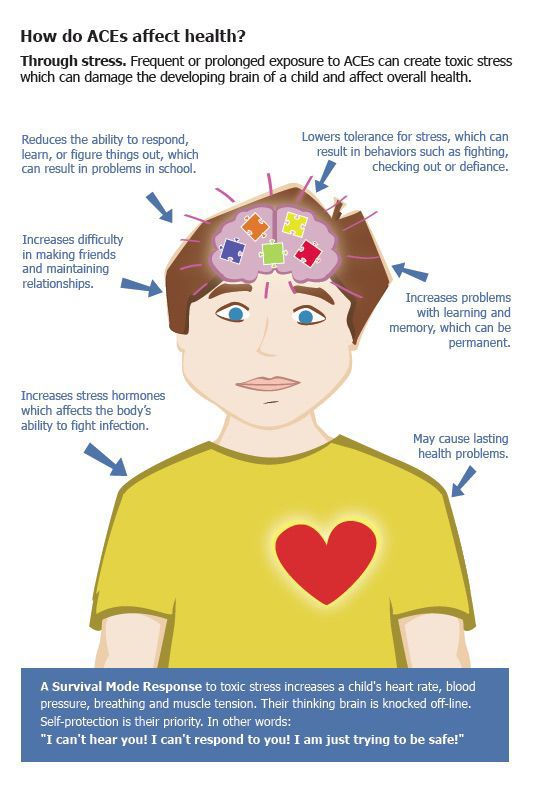Tips on calming down
How to Calm Down Fast
When stress, anxiety or fear flare up, these 9 techniques help keep you calmer.
Spread the love
We all get stressed and agitated sometimes. It’s a product of our busy, over-scheduled lives and living with circumstances we can’t control.
When you’re stressed or anxious, it causes your body to release stress hormones such as cortisol and adrenaline, which can increase how stressed you feel. You may also feel other symptoms, like headaches, dizziness and depression. Long term stress can negatively affect your weight, heart and chronic health conditions. In addition to your physical health, untreated stress can have a negative effect on other areas of your life, including your mental health, professional life and social relationships.
When you’re feeling stressed, anxious, scared or nervous – or you have the urge to lash out – the last thing you want to hear someone say is, “Just calm down.” That never works. But here are 9 calming techniques that do work – and they work quickly at that.
- Just breathe. Breathing seems like the most natural thing in the world. But there are ways to breathe mindfully that help calm our bodies and minds almost instantly. The 4-7-8 breathing technique, known as a “relaxing breath,” is especially effective:
-
-
-
- Breathe in quietly through your nose for 4 seconds
- Hold the breath for 7 seconds
- Exhale forcefully through your mouth with a “whooshing” sound for 8 seconds
- Repeat as needed
-
-
-
- Close your eyes and count to 10 slowly. It really works! If you need more time, count to 20 or count backwards once you reach whatever number you are counting up to. Just taking a few minutes to concentrate on something other than your stress will do wonders for your mood.
- Chew a piece of gum. Studies show that the slow, methodical act of chewing gum keeps blood flowing to the brain, allowing you to concentrate better and keep a level head during a bout of anxiety.
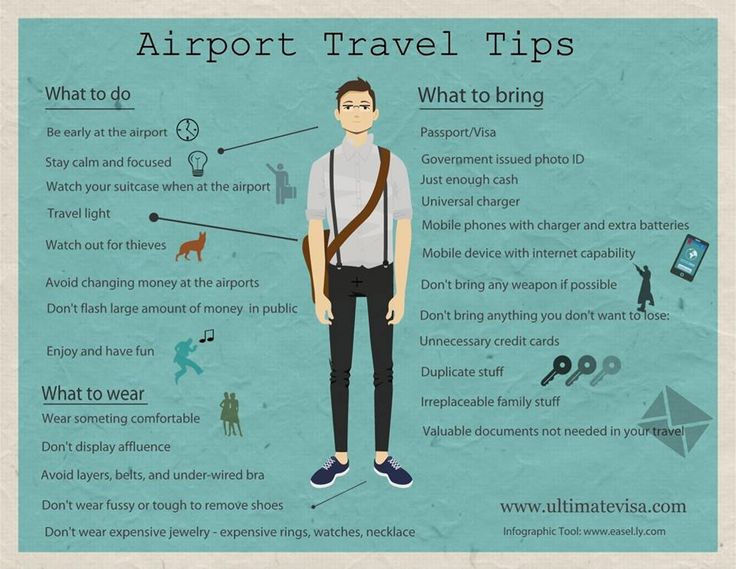 It also helps you resist the urge to reach for a less-healthy option, like a pint of ice cream or a cocktail, when you’re stressed.
It also helps you resist the urge to reach for a less-healthy option, like a pint of ice cream or a cocktail, when you’re stressed. - Phone a friend – preferably a funny one. Touching base with someone you love can provide instant calm. Laughing is proven to release endorphins, the “feel-good chemicals” in our brains that help release tension and elevate overall mood.
- Smell lavender. Light a lavender candle or soak in a lavender bubble bath. In aromatherapy, lavender is one of the stars of stress-relief, along with chamomile, rose, ylang-ylang and citrus.
- Curl up with your cat or dog. Just 10 minutes of petting your furry pal can reduce stress hormones and promote a feeling of calmness.
- Listen to calming music. Cue up your favorite tune, but nothing with a frantic beat or depressing lyrics. Then sit back, close your eyes and concentrate on the words and the rhythm. Go ahead and sing along if you wish.
 Studies show singing releases endorphins.
Studies show singing releases endorphins. - Exercise your body. Physical activity of any kind helps release stress. Take a 15-minute timeout for a brisk walk around the neighborhood; the fresh air will also help clear your head. If you’re stuck indoors, try a few reps of jumping jacks, jog up and down the stairs or take a spin on your exercise bike.
- Exercise your mind and spirit. Practice yoga, meditate, get a massage, write in your journal, give yourself a pedicure or take a relaxing nap.
If you find these calming techniques aren’t helpful, explore other methods that may provide longer-term relief for your stress and anxiety. Eat right, avoid alcohol and caffeine, exercise regularly, always get enough sleep, and if needed, consider making an appointment with a mental health professional.
Copyright 2020 © Baldwin Publishing, Inc. All rights reserved.
Health eCooking® is a registered trademark of Baldwin Publishing, Inc. Cook eKitchen™ is a designated trademark of Baldwin Publishing, Inc. Any duplication or distribution of the information contained herein without the express approval of Baldwin Publishing, Inc. is strictly prohibited.
Cook eKitchen™ is a designated trademark of Baldwin Publishing, Inc. Any duplication or distribution of the information contained herein without the express approval of Baldwin Publishing, Inc. is strictly prohibited.
Date Last Reviewed: November 13, 2020
Editorial Review: Andrea Cohen, Editorial Director, Baldwin Publishing, Inc. Contact Editor
Medical Review: Perry Pitkow, MD
Learn more about Baldwin Publishing Inc. editorial policy, privacy policy, ADA compliance and sponsorship policy.
No information provided by Baldwin Publishing, Inc. in any article is a substitute for medical advice or treatment for any medical condition. Baldwin Publishing, Inc. strongly suggests that you use this information in consultation with your doctor or other health professional. Use or viewing of any Baldwin Publishing, Inc. article signifies your understanding and agreement to the disclaimer and acceptance of these terms of use.
22 Things to Do When You’re Anxious or Angry
We all worry and get upset from time to time. It’s a normal part of life.
It’s a normal part of life.
But what happens when that anxiety or anger takes over, and you can’t calm down? Being able to calm yourself in the moment is often easier said than done.
That’s why having a few strategies you’re familiar with can help you when you’re feeling anxious or angry. Consider adding these calming tactics to your toolbox.
Here are some helpful, actionable tips you can try the next time you need to calm down.
1. Breathe
“Breathing is the number one and most effective technique for reducing anger and anxiety quickly,” says Scott Dehorty, LCSW-C, of Delphi Behavioral Health.
When you’re anxious or angry, you tend to take quick, shallow breaths. Dehorty says this sends a message to your brain, causing a positive feedback loop reinforcing your fight-or-flight response. That’s why taking long, deep calming breaths disrupts that loop and helps you calm down.
There are various breathing techniques to help you calm down. One is three-part breathing. Three-part breathing requires you to take one deep breath in and then exhale fully while paying attention to your body.
Three-part breathing requires you to take one deep breath in and then exhale fully while paying attention to your body.
Once you get comfortable with deep breathing, you can change the ratio of inhalation and exhalation to 1:2 (you slow down your exhalation so that it’s twice as long as your inhalation).
Practice these techniques while calm so you know how to do them when you’re anxious.
2. Admit that you’re anxious or angry
Allow yourself to say that you’re anxious or angry. When you label how you’re feeling and allow yourself to express it, the anxiety and anger you’re experiencing may decrease.
3. Challenge your thoughts
Part of being anxious or angry is having irrational thoughts that don’t necessarily make sense. These thoughts are often the “worse-case scenario.” You might find yourself caught in the “what if” cycle, which can cause you to sabotage a lot of things in your life.
When you experience one of these thoughts, stop and ask yourself the following questions:
- Is this likely to happen?
- Is this a rational thought?
- Has this ever happened to me before?
- What’s the worst that can happen? Can I handle
that?
After you go through the questions, it’s time to reframe your thinking. Instead of “I can’t walk across that bridge. What if there’s an earthquake, and it falls into the water?” tell yourself: “There are people that walk across that bridge every day, and it has never fallen into the water.”
Instead of “I can’t walk across that bridge. What if there’s an earthquake, and it falls into the water?” tell yourself: “There are people that walk across that bridge every day, and it has never fallen into the water.”
4. Release the anxiety or anger
Dehorty recommends getting the emotional energy out with exercise. “Go for a walk or run. [Engaging] in some physical activity [releases] serotonin to help you calm down and feel better.”
However, you should avoid physical activity that includes the expression of anger, such as punching walls or screaming.
“This has been shown to increase feelings of anger, as it reinforces the emotions because you end up feeling good as the result of being angry,” Dehorty explains.
5. Visualize yourself calm
This tip requires you to practice the breathing techniques you’ve learned. After taking a few deep breaths, close your eyes and picture yourself calm. See your body relaxed, and imagine yourself working through a stressful or anxiety-causing situation by staying calm and focused.
By creating a mental picture of what it looks like to stay calm, you can refer back to that image when you’re anxious.
6. Think it through
Have a mantra to use in critical situations. Just make sure it’s one that you find helpful. Dehorty says it can be, “Will this matter to me this time next week?” or “How important is this?” or “Am I going to allow this person/situation to steal my peace?”
This allows the thinking to shift focus, and you can “reality test” the situation.
“When we’re anxious or angry, we become hyper-focused on the cause, and rational thoughts leave our mind. These mantras give us an opportunity to allow rational thought to come back and lead to a better outcome,” Dehorty explains.
7. Change your focus
Leave the situation, look in another direction, walk out of the room, or go outside.
Dehorty recommends this exercise so you have time for better decision making. “We don’t do our best thinking when anxious or angry; we engage in survival thinking.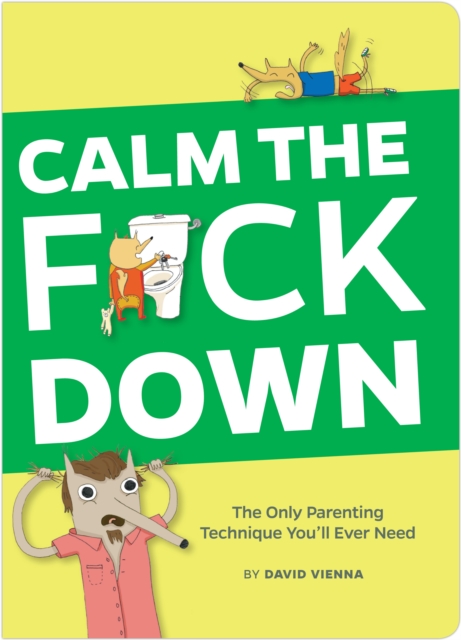 This is fine if our life is really in danger, but if it isn’t life threatening, we want our best thinking, not survival instincts,” he adds.
This is fine if our life is really in danger, but if it isn’t life threatening, we want our best thinking, not survival instincts,” he adds.
8. Have a centering object
When you’re anxious or angry, so much of your energy is being spent on irrational thoughts. When you’re calm, find a “centering object” such as a small stuffed animal, a polished rock you keep in your pocket, or a locket you wear around your neck.
Tell yourself that you’re going to touch this object when you’re experiencing anxiety or frustration. This centers you and helps calm your thoughts. For example, if you’re at work and your boss is making you anxious, gently rub the locket around your neck.
9. Relax your body
When you’re anxious or angry, it can feel like every muscle in your body is tense (and they probably are). Practicing progressive muscle relaxation can help you calm down and center yourself.
To do this, lie down on the floor with your arms out by your side. Make sure your feet aren’t crossed and your hands aren’t in fists.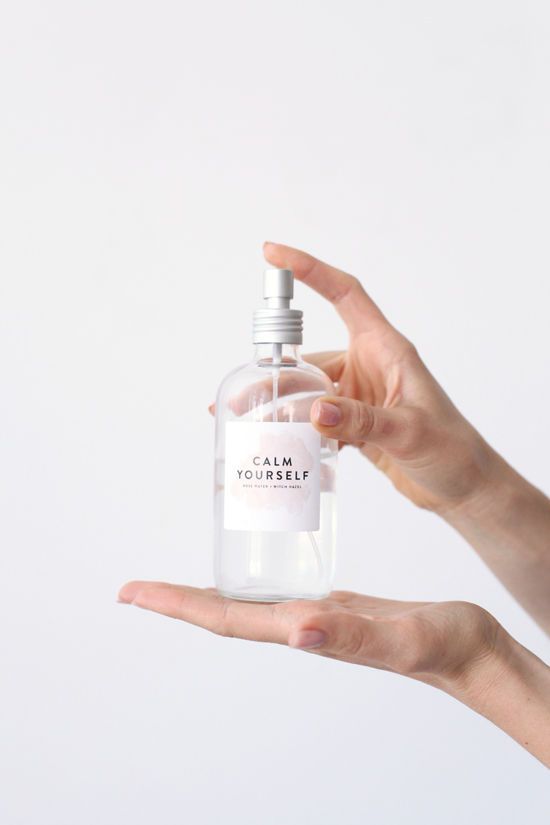 Start at your toes and tell yourself to release them. Slowly move up your body, telling yourself to release each part of your body until you get to your head.
Start at your toes and tell yourself to release them. Slowly move up your body, telling yourself to release each part of your body until you get to your head.
10. Drop your shoulders
If your body is tense, there’s a good chance your posture will suffer. Sit up tall, take a deep breath, and drop your shoulders. To do this, you can focus on bringing your shoulder blades together and then down. This pulls your shoulders down. Take a few deep breaths.
You can do this several times a day.
11. Identify pressure points to calm anger and anxiety
Going for a massage or getting acupuncture is a wonderful way to manage anxiety and anger. But it’s not always easy to find time in your day to make it happen. The good news is, you can do acupressure on yourself for instant anxiety relief.
This method involves putting pressure with your fingers or your hand at certain points of the body. The pressure releases the tension and relaxes your body.
One area to start with is the point where the inside of your wrist forms a crease with your hand.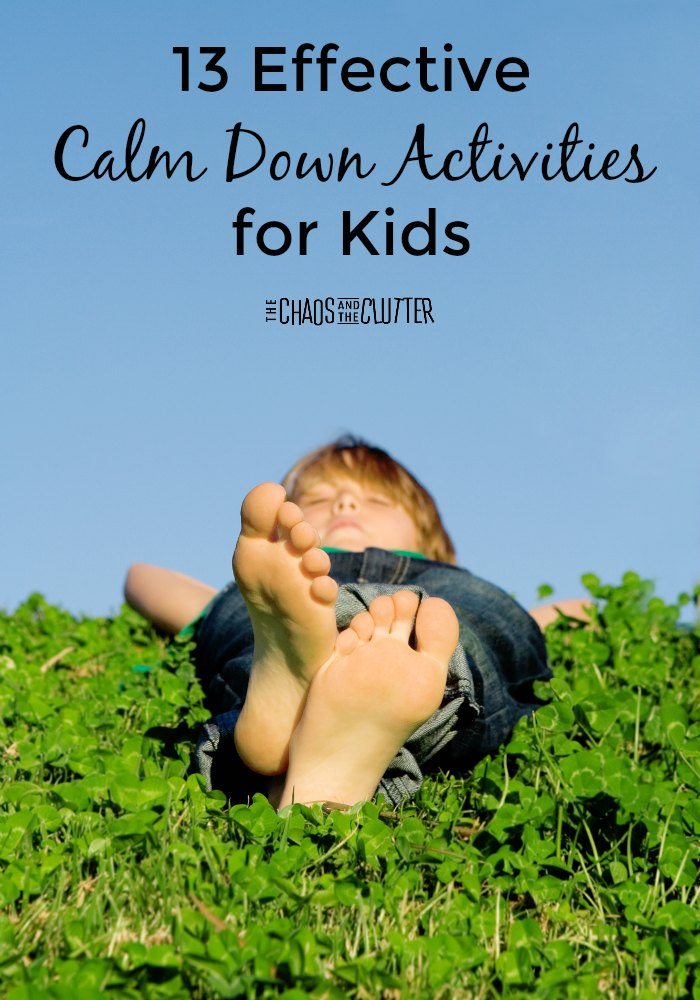 Press your thumb on this area for two minutes. This can help relieve tension.
Press your thumb on this area for two minutes. This can help relieve tension.
If you’re short on time but need to calm down fast, these quick in-the-moment tips can help.
12. Get some fresh air
The temperature and air circulation in a room can increase your anxiety or anger. If you’re feeling tense and the space you’re in is hot and stuffy, this could trigger a panic attack.
Remove yourself from that environment as soon as possible and go outside — even if it’s just for a few minutes.
Not only will the fresh air help calm you down, but also the change of scenery can sometimes interrupt your anxious or angry thought process.
13. Fuel your body
Being hangry never helps. If you’re hungry or not properly hydrated, many relaxation techniques won’t work. That’s why it’s important to slow down and get something to eat — even if it’s just a small snack.
Try nibbling on some dark chocolate. Research shows it can help boost brain health and reduce stress.
Wash it down with a cup of green tea and honey. Studies show green tea can help reduce the body’s stress response. Research has found that honey can help relieve anxiety.
14. Chew gum
Chewing on a piece of gum can help reduce anxiety (and even boost mood and productivity). In fact, research shows people who chew gum regularly are typically less stressed than non-gum chewers.
15.
Listen to musicThe next time you feel your anxiety level cranking up, grab some headphones and tune in to your favorite music. Listening to music can have a very calming effect on your body and mind.
16. Dance it out
Get moving to your favorite tunes. Dancing has traditionally been used as a healing art. Research shows it’s a great way to combat depression and anxiety and increase quality of life.
17. Watch funny videos
Sometimes laughter really is the best medicine. Research has found that laughing provides therapeutic benefits and can help relieve stress and improve mood and quality of life.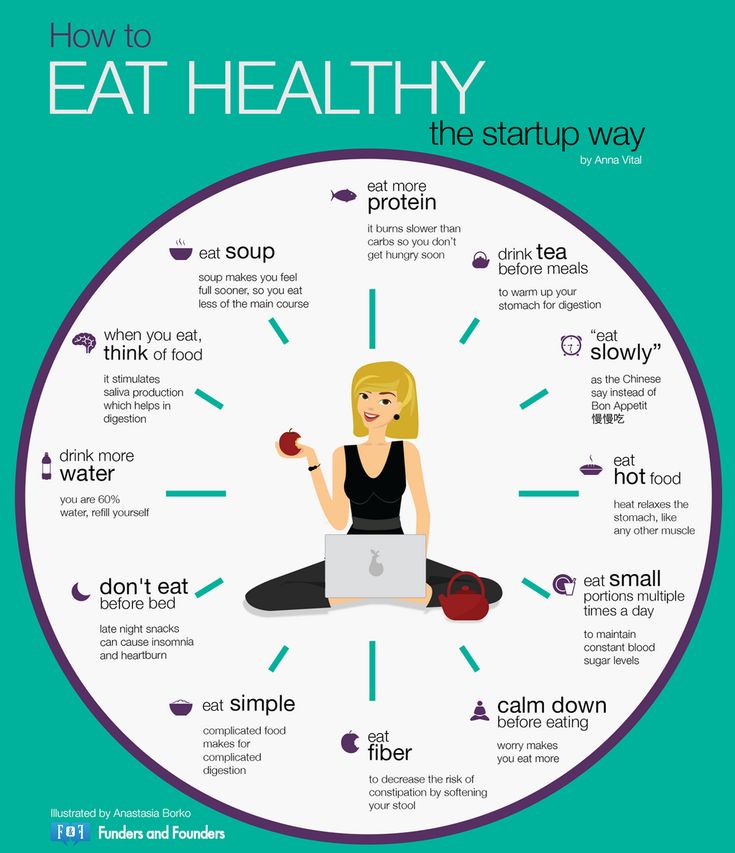 Do a quick internet search to find funny videos for an instant mood boost.
Do a quick internet search to find funny videos for an instant mood boost.
18. Write it down
If you’re too angry or anxious to talk about it, grab a journal and write out your thoughts. Don’t worry about complete sentences or punctuation — just write. Writing helps you get negative thoughts out of your head.
19. Squeeze a stress ball
When you’re feeling stress come on, try interacting with a stress-relief toy. Options include:
- stress ball
- magnetic balls
- sculpting clay
- puzzles
- Rubik’s cube
- fidget spinner
20. Try aromatherapy
Aromatherapy, or the use of essential oils, may help alleviate stress and anxiety and boost mood. Those commonly used in aromatherapy include:
- bergamot
- cedarwood
- chamomile
- geranium
- ginger
- lavender
- lemon
- tea tree
Add a few drops of essential oil to a diffuser, or mix it with a carrier oil (like coconut oil) and apply to your skin for quick relief.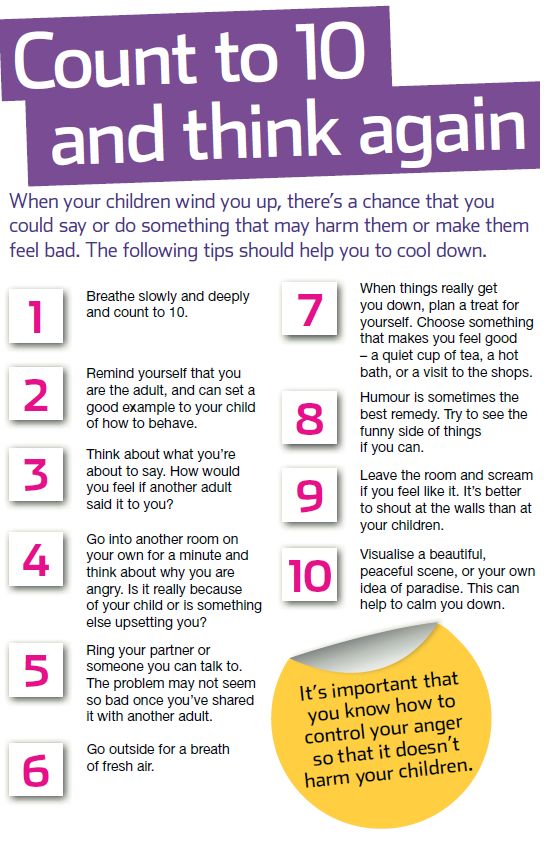
21. Seek social support
Venting to a trusted friend, family member, or coworker can do wonders. Even if you don’t have time for a full play-by-play phone call, a quick text exchange can help you let it all out and help you feel heard.
Bonus points if you engage with a funny friend who can help you laugh for added stress relief.
22. Spend time with a pet
Interacting with your favorite furry friend can decrease levels of the stress hormone cortisol and lower blood pressure. Quality time with a pet can also help you feel less alone and boost your overall mood.
How to calm down quickly: 7 science-based ways
March 15LikbezZdorovye
Smell the lavender, wash the dishes and listen to the noise of the waterfall.
Share
0 Psychologists say that negative emotions cannot be permanently suppressed. Anger, resentment, sadness are important feelings that have the right to be expressed. But sometimes the nerves give up at the wrong time. In this case, the advice of scientists will help you quickly calm down.
But sometimes the nerves give up at the wrong time. In this case, the advice of scientists will help you quickly calm down.
1. Breathe deeply
This is an old trick. But scientists didn’t understand why deep breathing worked for a long time. Only in 2017, a study was published in the journal Science X. Ma, Z. Q. Yue, et al. The effect of diaphragmatic breathing on attention, negative affect and stress in healthy adults / Frontiers in Psychology, which dotted the i's.
Its authors, biochemists at Stanford University School of Medicine, discovered Study shows how slow breathing induces tranquility / Stanford Medicine, deep in the brainstem, a tiny cluster of neurons that is supposed to link the speed and depth of breathing and emotional state. The more active and shallow the breaths, the higher the level of excitement and nervousness. Conversely, the deeper we breathe, the more relaxed and calm we feel.
True, experiments proving the connection between breathing and relaxation have so far been carried out only on mice.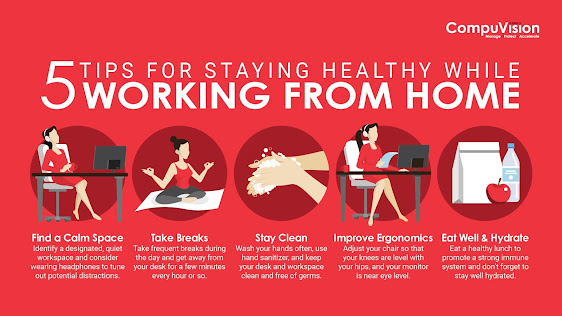 But the researchers are confident enough to extrapolate their results to humans.
But the researchers are confident enough to extrapolate their results to humans.
2. Use blue light
Blue light helps people relax more quickly after psychosocial stress. This was found by J. Minguillon, M. A. Lopez-Gordo, et al. Blue lighting accelerates post-stress relaxation: Results of a preliminary study / PloS One by scientists from the University of Granada.
Psychosocial stress, according to the researchers themselves, is a short-term nervous shock that occurs during contact with other people. Simple examples: you had an argument with a friend, you had a fight with a colleague, you are nervous because your boss is sitting on your head and yelling about the deadline that was yesterday... and then took the test subjects to the so-called chromotherapy room. There was nothing in it that could help calm down - only LEDs that emit either standard white or blue light.
It turned out that under blue light, the brain and heart activity of people returned to normal in an average of 1. 1 minutes, and under white - in 3.5. That is three times faster!
1 minutes, and under white - in 3.5. That is three times faster!
By the way, in addition to lamps, screens of modern gadgets — computers, laptops, smartphones — emit blue light. Stress is the very case when even scientists recommend: poke your favorite device for 10 minutes. This will help you relax.
3. Play the most soothing song in the world
Weightless was recorded back in 2011. This happened at the request of scientists from the British Academy of Sound Therapy, who decided to experiment and create a song that could calm and even put to sleep as quickly as possible.
Just over 8 minutes long, the song is full of various sound effects. The trick is in the rhythm: the body adapts to it, the heart beats less often, breathing slows down ...
The effect of the song was so amazing that Time magazine even included Weightless in the list of the 50 most significant inventions of the year.
For a more powerful calming effect of Weightless, take care of your surroundings: put on headphones, take a comfortable position, relax, close your eyes.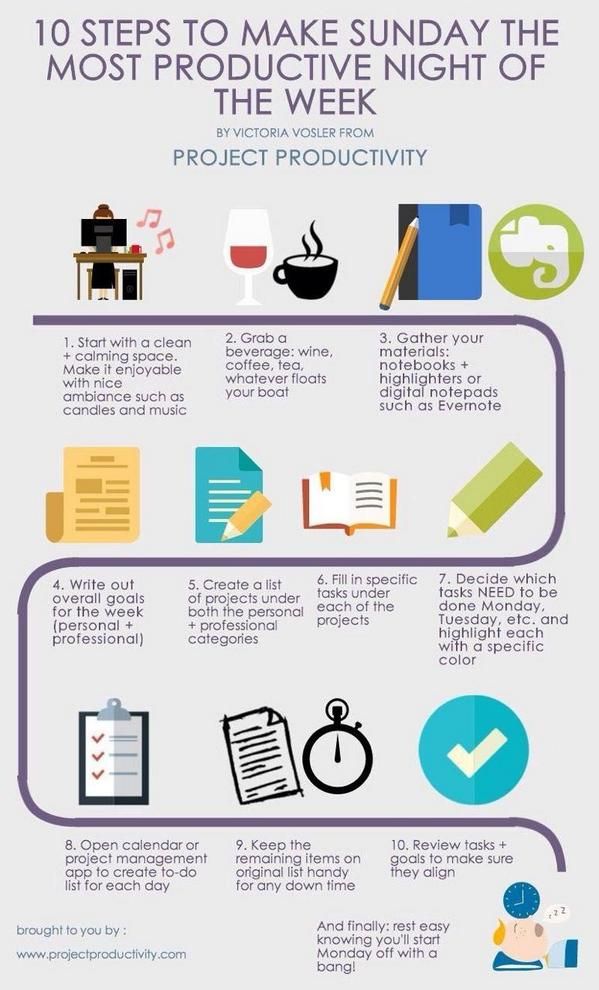
4. Listen to the sounds of nature
The study It's true – The sound of nature helps us relax / Brighton and Sussex Medical School, conducted in 2017 by scientists from the Medical School of Brighton and Sussex, proved that when people listen to the sounds of nature, their level stress is markedly reduced.
Researchers exposed volunteers to natural and artificial (technogenic, social) noise. In parallel, MRI scans of the brains of participants and monitoring of heart rate were performed. As it turned out, brain activity strongly depends on the nature of sounds.
With a natural scale, the focus of our attention is directed outside: we listen, peer into the world around us, falling into a kind of soothing trance. Artificial sound accompaniment shifts the focus of attention inward: we begin to dig into ourselves more actively, worry, exaggerate our own shortcomings, which ultimately exacerbates stress even more.
It is ideal if you have a walking park near you, where you can hear the birds singing and the rustling of leaves. Or a running stream, on the banks of which you can sit. If there is nothing suitable, use the records from these sites and applications.
Or a running stream, on the banks of which you can sit. If there is nothing suitable, use the records from these sites and applications.
5. Smell something nice
Although aromatherapy in general looks rather dubious from a scientific point of view, the effect of some essential oils on stress levels has been proven unambiguously and repeatedly.
Lavender, rosemary scents R. McCaffrey, D. J. Thomas, A. O. Kinzelman. The effects of lavender and rosemary essential oils on test-taking anxiety among graduate nursing students / Holistic Nursing Practice, as well as ylang-ylang lower blood pressure and heart rate, reduce anxiety and arousal.
Carry a small bottle of the oil you find most pleasant, and shake 1-2 drops on your wrist when you're stressed. A couple of breaths and it will be much easier to calm down.
6. Do something with maximum concentration
Wash the dishes. Sweep the floor. Lay out the papers. Clean up your desktop on your computer or smartphone.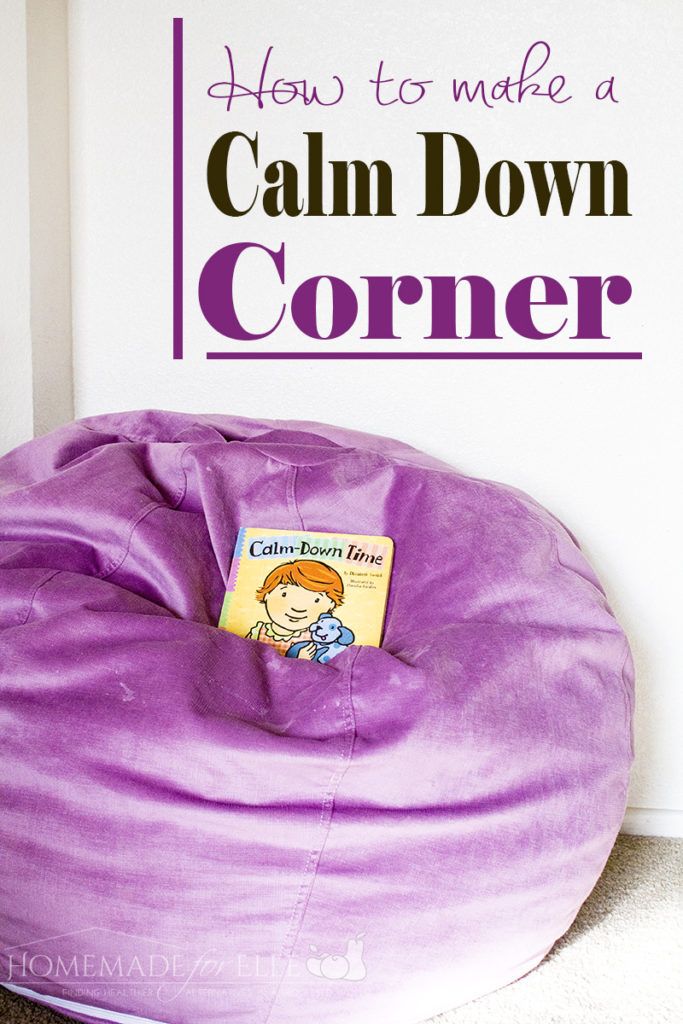 The main thing is to try to concentrate on this lesson.
The main thing is to try to concentrate on this lesson.
Chore or stress reliever: Study suggests that washing dishes reduces stress / Florida State University News, conducted in 2015 at the University of Florida, proved that focused activity is a very effective way to quickly reduce stress.
This happens because by fully concentrating on some activity, we are distracted from negative experiences. The brain "switches" and reduces the production of stress hormones.
7. Distance yourself from yourself
Try to look at the situation from the outside, as if it's not happening to you. Imagine that the problems are not yours, but someone else's. The reception is elementary, but surprisingly effective: psychologists record E. Travers-Hill, B. D. Dunn, et al. Beneficial effects of training in self-distancing and perspective broadening for people with a history of recurrent depression / Behavior Research and Therapy drastically reduce anxiety and stress levels and even recommend a similar approach in the fight against chronic depression.
Old joke “If these are your problems, you can solve them. If you cannot solve them, these are not your problems” takes on a modern, scientifically sound sound. Remember it and smile. This, by the way, is also a good way to reduce stress.
Read also 😤😫🙃
- How to put thoughts and feelings in order: 6 quick calming techniques
- Get rid of these habits to have less stress in your life
- Scientists have confirmed a direct link between stress and autoimmune diseases
- 8 unexpected reasons to smile as often as possible
- Anger management: how to use anger to your advantage
How to calm your nerves and get rid of stress
How to calm your nerves and get rid of stress- Home
- Articles and publications
- Tips to calm your nerves and relieve stress
Getting rid of stress is not going to work at all. After all, stress is a normal physiological and psychological adaptive reaction of the body. He mobilizes when decisive action is required, helps the body to adapt to changing circumstances. But sometimes the “red light” fails and starts to light up too often - we are too nervous, for minor reasons.
Such stress, on the contrary, “paralyzes”, worsens the quality of life and deprives the ability to act effectively. For example, every student would like to pass exams without stress, using their full potential. But in order to learn how to manage your stress response, you need to try.
Helping Yourself: What Psychologists Say
- Identify sources of stress and “deal with” them. So, it is useless to fight the stress itself - it is a reaction. Try to figure out what circumstances in life lead you to it. Sit down and make a list of "My Sources of Stress" so you know "enemies in the face.
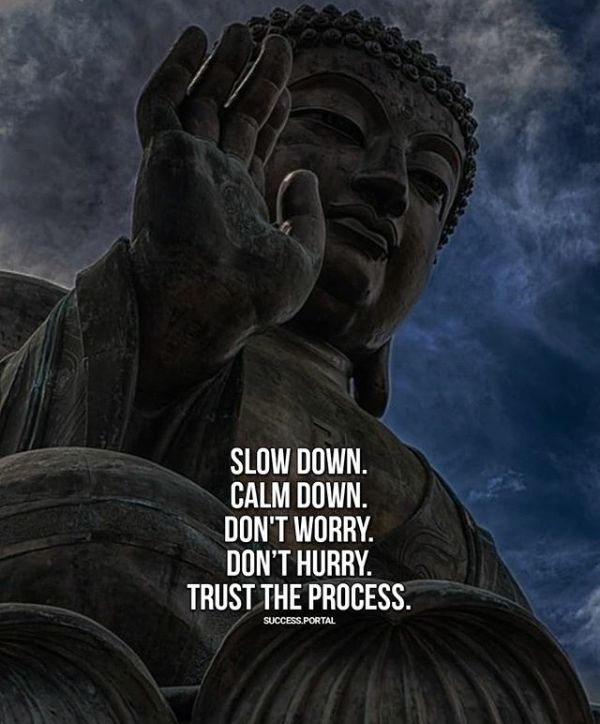 "
" - Accept that you can't control everything that happens. Yes, something bad can happen to anyone, it is impossible to protect yourself from everything. But if you accept this fact, you can save yourself from unnecessary stress.
- Separate real fears from imaginary ones. Our fears can be conditionally divided into real (life, health, loss of habitual well-being) and “virtual” (“I think that this person treats me badly…”, “I’m afraid to talk to…”, “If I leave the house and I don’t look in the mirror, something bad will happen”, “I will never find a new job if I lose this one”, etc.).
Some "terrible" attitudes are so firmly planted in our heads that we do not even try to check them for reality. Separate your sources of tension from the list into real fears and far-fetched attitudes. - Stay positive. Easy to say, you thought. Yes, inexhaustible optimism by nature is not given to everyone. But a positive attitude towards life can be developed as a skill.
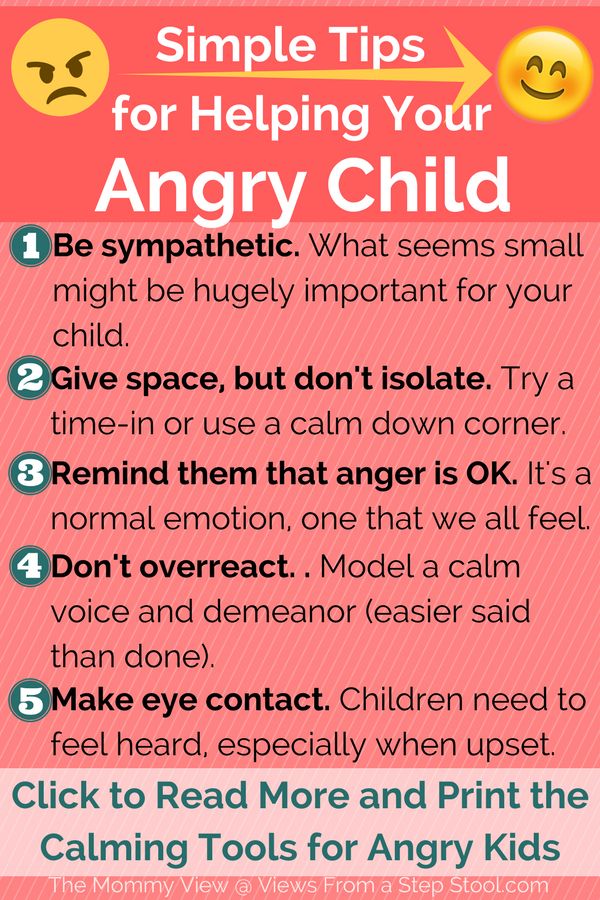 Review your list of stressors again and look for the positives where possible. If something is especially scary, think of a plan B - "What can I do if this happens?".
Review your list of stressors again and look for the positives where possible. If something is especially scary, think of a plan B - "What can I do if this happens?". - Be assertive, not aggressive. Strive for real results, avoid empty conflicts. Actively defend your feelings and beliefs without falling into passive anger.
- Find time for a hobby. Be sure to include in your schedule activities that bring you pleasure and fill life with meanings that are personally important to you.
- Be with significant people. A person is social, he needs contact with loved ones, as well as participation in joint detail (work in a team, interest groups). Loneliness is one of the most popular causes of negative experiences.
How to develop physiological resistance?
- Eat right and exercise. Yes, these banal rules work here too. The intensity and spectrum of experiences are determined by biochemistry. Vitamin-rich nutrition and physical activity contribute to the production of “positive” hormones and neurotransmitters, with them any events are experienced easier.
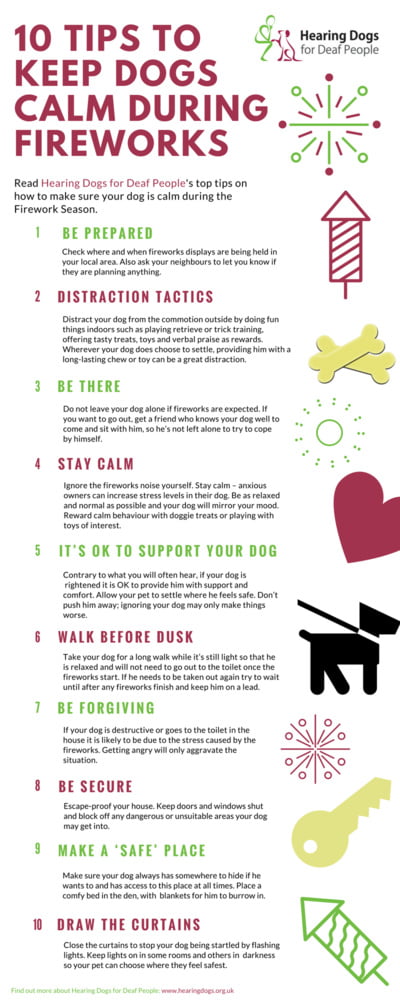
- Get at least 8 hours of sleep per night. If the body does not have time to recover and rest, it is simply not able to adequately respond to what is happening around.
- Avoid bad habits. Drinking alcohol, smoking and overeating only relieve the condition for a short time. After many, a phenomenon occurs that can be called the pendulum effect - it gets worse, which is physiologically determined and associated with the work of the dopamine system of the body.
- Take special vitamins. You can raise the body's resistance to stress by taking special vitamin complexes or supplements.
- B vitamins improve metabolism and maintain general tone, and together with L-tryptophan are used by the brain to produce serotonin.
- Taking dietary supplements with soothing herbal ingredients (hawthorn, valerian, lemon balm, hop extract) helped people even before the invention of synthetic tranquilizers.
- We should also mention St.




